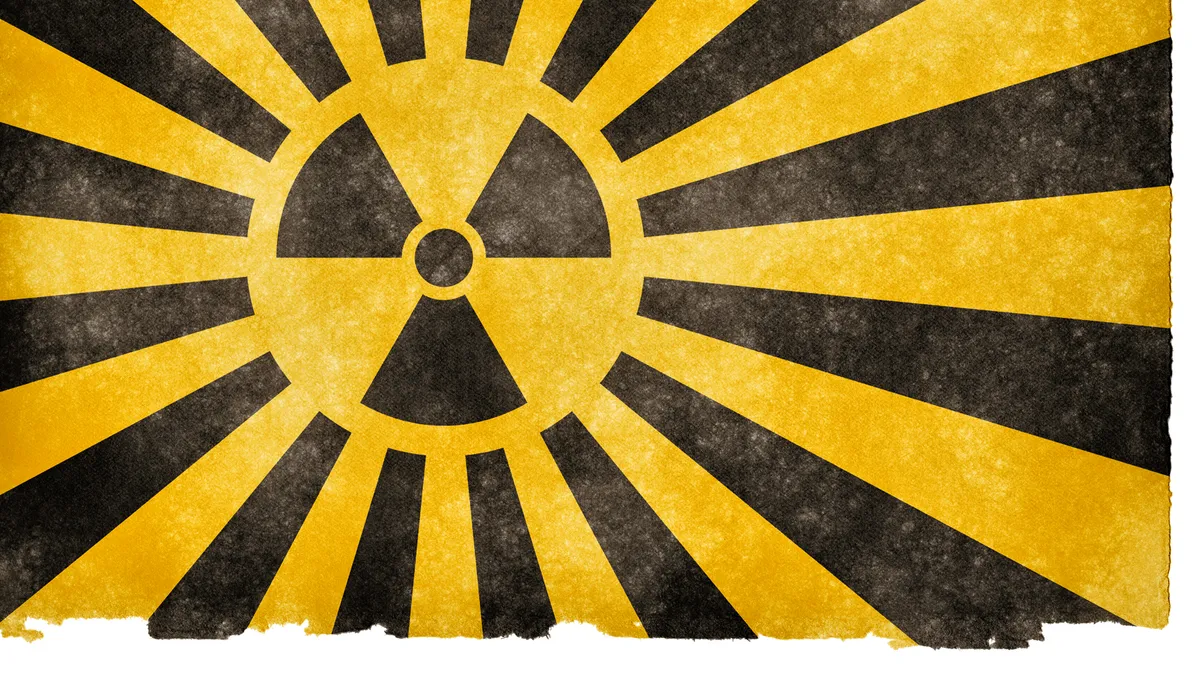Dive Brief:
- Federal lawmakers and officials are considering development of small nuclear reactors, typically under 300 MW, and the Nuclear Regulatory Commission is ready to begin considering applications.
- The Department of Energy will spend more than $450 million to get licensing of the smaller facilities up and running, The Hill reports, with the Obama administration believing the reactors could be helpful to reducing greenhouse gas emissions.
- But some industry observers are wary that with smaller capacities may come a push to loosen regulation, leaving open the potential for a disaster scenario.
Dive Insight:
Despite a cautious public and the specter of Japan's Fukishima disaster still looming, small nuclear reactors are beginning to gain traction as a potential way to meet carbon mandates and improve the environment and reliability. The units, typically constructed offsite and with smaller capacities, are a part of the Obama administration's energy vision and also have strong support from Sen. Lisa Murkowski (R-AK), chair of the Senate Energy and Natural Resources Committee and Sen. Lamar Alexander (R-TN), chair of the spending subcommittee panel with control over energy.
"I have long supported and advocated for the development and deployment of small modular reactors," Murkowski said last month at the Nuclear Energy Institute’s 2015 Nuclear Energy Assembly in Washington, D.C.
Sen. Lamar Alexander (R-TN), who chairs the spending subcommittee panel with control over energy, has also lent his support publicly to the smaller generation units.
But, Murkowski noted, "certain challenges continue to hold nuclear power back in our country. I know that many in this room have faced lengthy licensing processes with the Nuclear Regulatory Commission. And I think we can all agree that it is time to review that process, to make it more efficient and effective while still maintaining safety."
Safety is a key concern, and some say that the smaller size of the reactors can lull regulators into a false sense of security.
The Hill points out that last month the NRC approved variable fees for reactor licensing, meaning smaller capacity reactors would pay a smaller fee. The smaller reactors "have a significant cost penalty compared to large reactors on a per-megawatt basis because of diseconomies of scale,” Edwin Lyman, from the Union of Concerned Scientists, told the newspaper.
"No utility will want to buy them unless they can be exempted from a lot of costly regulations that large reactors must meet,” Lyman said. "But in light of the Fukushima disaster, one must be very wary of the safety claims made by the nuclear industry, especially for reactor designs that have never been built or tested.”
Maine is considering a law to ease restrictions on siting small nuclear power facilities, stripping away requirements that all nuclear development be put to a referendum. Under Gov. Paul LePage's proposal, turbines with a capacity less than 500 MW could be developed without a vote.
Tennessee Valley Authority is developing a small reactor, but The Hill notes the timeline is in flux.














